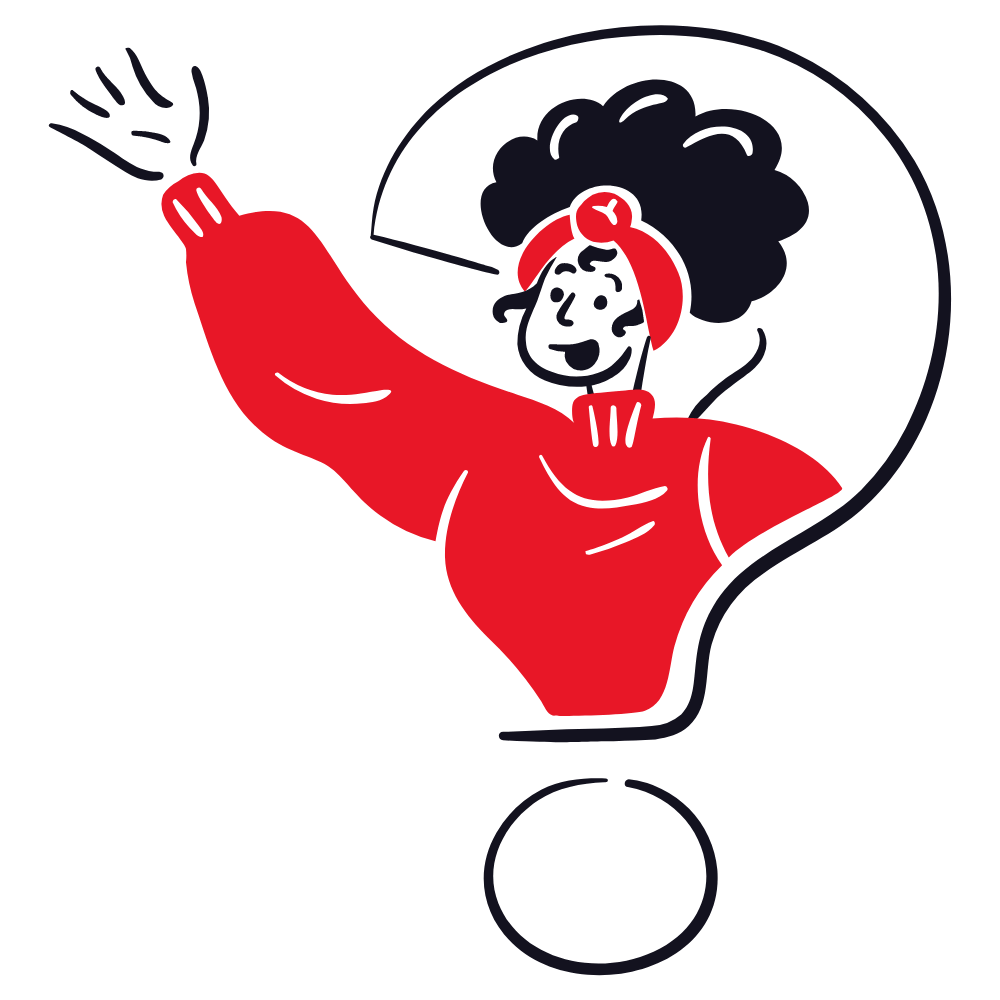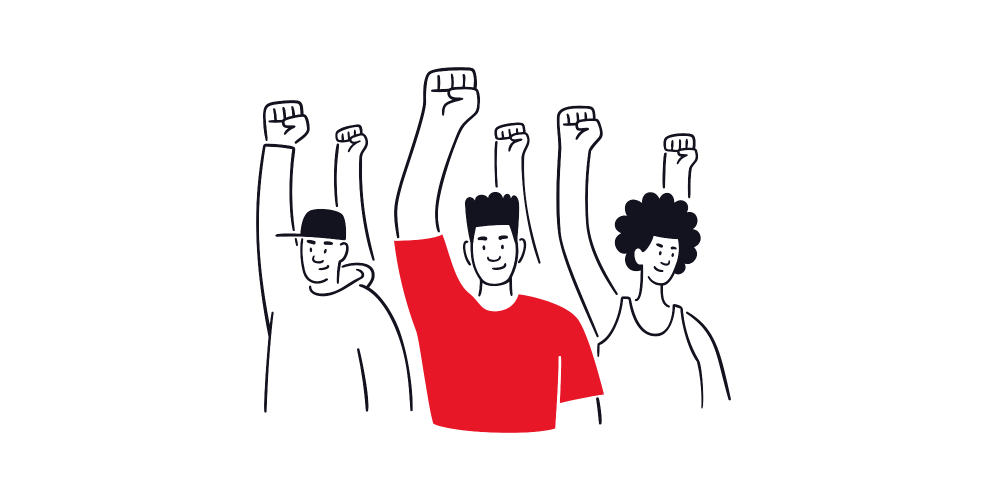Free Speech at SUU
Southern Utah University is dedicated to fostering an environment of free and open inquiry, where diverse ideas can be freely expressed, challenged, and explored. We believe that the exchange of differing perspectives is essential to a college experience. Conflicting viewpoints will naturally occur, and it is not the role of SUU to suppress ideas and opinions some individuals find unwelcome, disagreeable, or even deeply offensive. The cure for ideas that offend lies in open and respectful discussion rather than inhibition or suppression. SUU stands by the right of every member of our community to express their thoughts and opinions within the bounds of lawful and peaceful discourse.
What is Free Speech?
Free Speech is the right to express ideas and opinions without fear of restraint or censorship. This fundamental freedom, protected by the U.S. Constitution, allows for open dialogue and the exchange of diverse viewpoints. However, it is subject to reasonable limitations on the time, place, and manner of expression to ensure a respectful and orderly environment. Understanding and respecting these guidelines helps maintain a productive and inclusive campus atmosphere.

Do:
- Exercise your right to peacefully assemble
- Engage in thoughtful and constructive discourse
- Voice your opinion while respecting the rights of others
Don't:
- Be physically violent or threaten violence
- Obstruct movement or operations
- Cause damage to property
Time, Place, and Manner Restrictions
Southern Utah University supports the right to free speech and assembly, but these activities must adhere to certain guidelines to ensure the safety and order of our campus community. Here are the key restrictions regarding time, place, and manner for protests and demonstrations:
- Organization and Safety: Protests and demonstrations must be organized and must not jeopardize public order or safety.
- Non-Interference with University Activities: Demonstrations must not interfere with classes, teaching, administrative or academic departments, university research activities, or any previously scheduled meetings and events.
- Scheduling: While protests and demonstrations do not require prior approval through centralized scheduling, groups are encouraged to notify the university in advance.
- Access and Traffic: Protests must not block entrances or exits to buildings or disrupt the normal flow of pedestrian or vehicular traffic.
- Prohibition on Disguises: The university reserves the right to prohibit participants from wearing masks or other means of disguising their identity during demonstrations.
- Non-Disruption: Protests must not disrupt or obstruct university functions, organized meetings, or other assemblies, and must respect the rights of others to free expression.
By adhering to these guidelines, we can ensure that protests and demonstrations are conducted in a manner that is respectful of the entire SUU community and its operations. For more information on conducting protests or demonstrations, read through these criteria and resources.
Unprotected Speech
Southern Utah University is dedicated to protecting and enhancing the free exchange of ideas, artistic expression, the right to free speech, and academic freedom on our campus. This commitment is upheld without prior restraint or censorship but is subject to limitations on unlawful or unprotected speech and reasonable, nondiscriminatory rules regarding time, place, and manner.
Certain types of speech listed below are not protected under the First Amendment and are therefore prohibited on campus.
- Obscenity: Speech or material that violates community standards and lacks serious literary, artistic, political, or scientific value.
- Child Pornography: Any visual depiction of sexually explicit conduct involving a minor.
- Defamation: False statements that damage a person's reputation.
- Fighting Words: Speech that incites immediate breach of the peace.
- Incitement to Imminent Lawless Action: Speech intended and likely to provoke imminent illegal activities.
- Hostile Environment: Speech that creates a hostile environment under Title IX and Title VII regulations.
- Substantial Disruption: Speech that substantially disrupts or interferes with classes, teaching, university operations, ceremonies, sporting events, performances, or other university activities, including vehicular or pedestrian traffic.
- Damage to Property: Speech that results in damage to university or private property.
- Employee Speech Not of Public Concern: Speech by employees that is not related to matters of public concern and is disruptive to university operations.
- Other’s Freedom: Speech that substantially disrupts another's right to protected freedom of expression.
- Confidentiality: Speech that discloses confidential information or trade secrets of the University or Private parties without appropriate authorization.
- Misrepresentation: Unauthorized use of University trade or service marks or creation of the impression that unauthorized individuals are representing the University are also not protected.
Violations and Inquiries
To report violations or ask further questions, please contact:
Protests and Demonstrations FAQ's
No. Individuals and groups are not required to previously reserve a space on campus in order to hold a protest or demonstration.
No. As an employee, you should follow the law and respect the right of individuals and groups to gather and protest. However, if there are any clear violations of policy or law you should immediately report them through the proper channels, including to the Dean of Students office and the SUU Police. Do not aggressively engage or attempt to remove them from campus on your own.
For questions on participation in on-campus protests and demonstrations, please connect with your supervisor and/or SUU HR for clarification and instructions.
Principles of Free Speech for all Utah System of Higher Education Institutions
The University (including any colleges, divisions, departments, programs, committees, and/or other sub-units) must maintain neutrality or refrain from taking public positions on political, social, or unsettled issues that do not directly relate to the University’s mission, role, or pedagogical objectives. In particular, the University may not take, express, or assert a position or opinion on:
- Anti-racism;
- Bias;
- Critical race theory;
- Implicit bias;
- Intersectionality;
- Prohibited discriminatory practices; or
- Racial privilege
The University may regulate an employee’s speech when the employee is engaged in institutional speech or is acting within the scope of their employment. An employee may be within the scope of their employment when speaking under the following conditions:
- They are speaking within the employee's assigned responsibilities;
- They have the duty to report to the University;
- The speech relates to the tasks that the employee was paid to perform when the employee spoke;
- They have been granted authority by statute, ordinance, regulation, job description, custom, or usage;
- They are utilizing communication channels commonly or regularly used for institutional communication;
- Their message is closely controlled by institutional leadership; or
- They are purporting to speak on behalf of the institution, or otherwise acting in such a manner such that they would likely be perceived by the public as speaking on behalf of the institution.
Individuals authorized to speak on behalf of the University may still take, express, and assert personal opinions in other capacities, but should be careful to differentiate personal expression from institutional speech. For example, using phrases such as “this is my opinion and I am not speaking on behalf of the University.”

